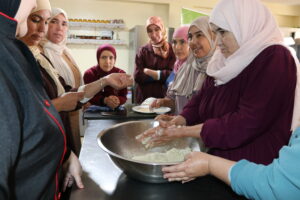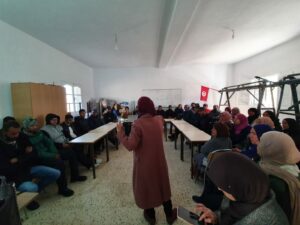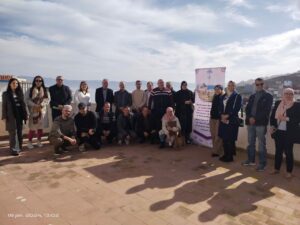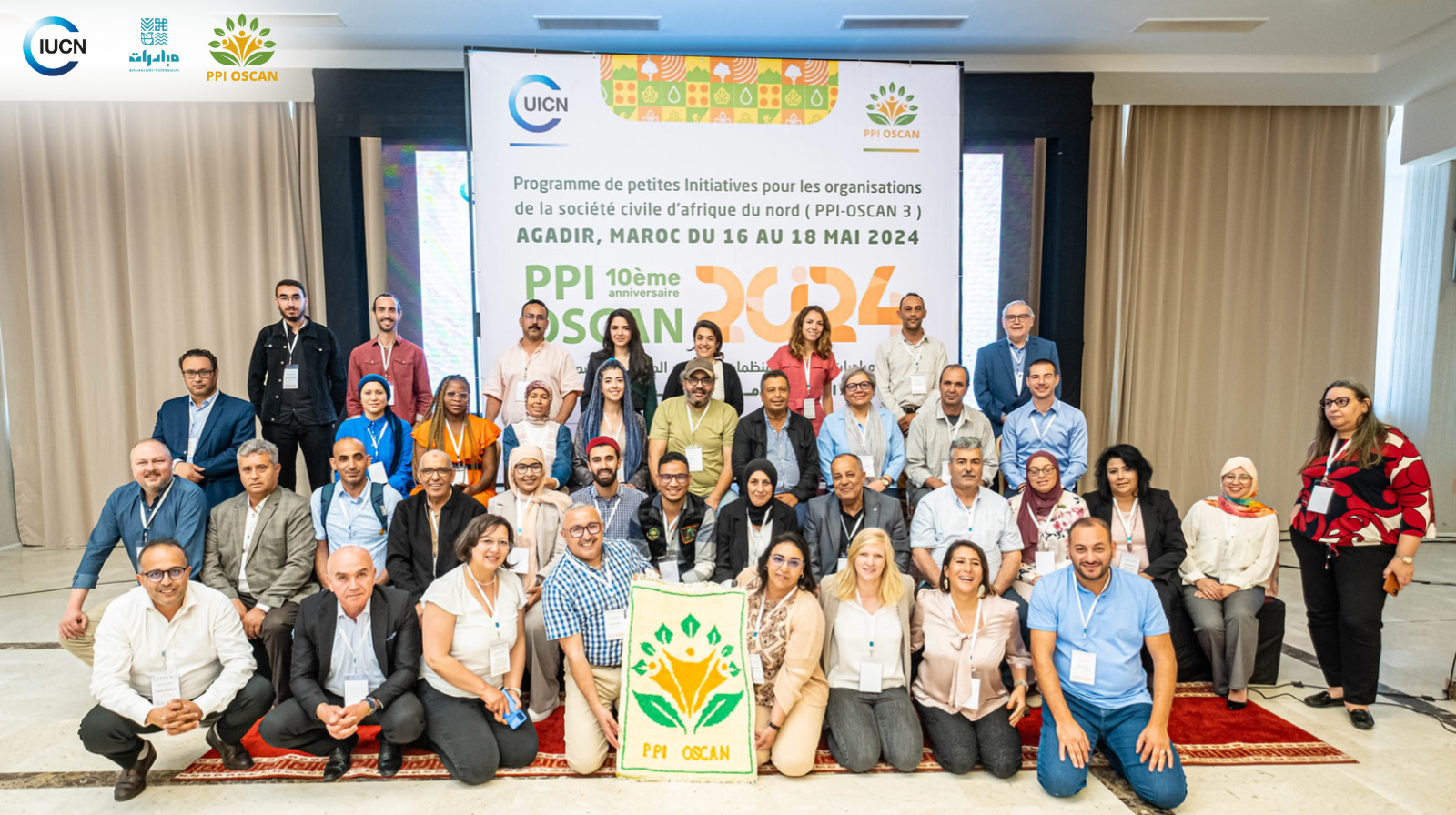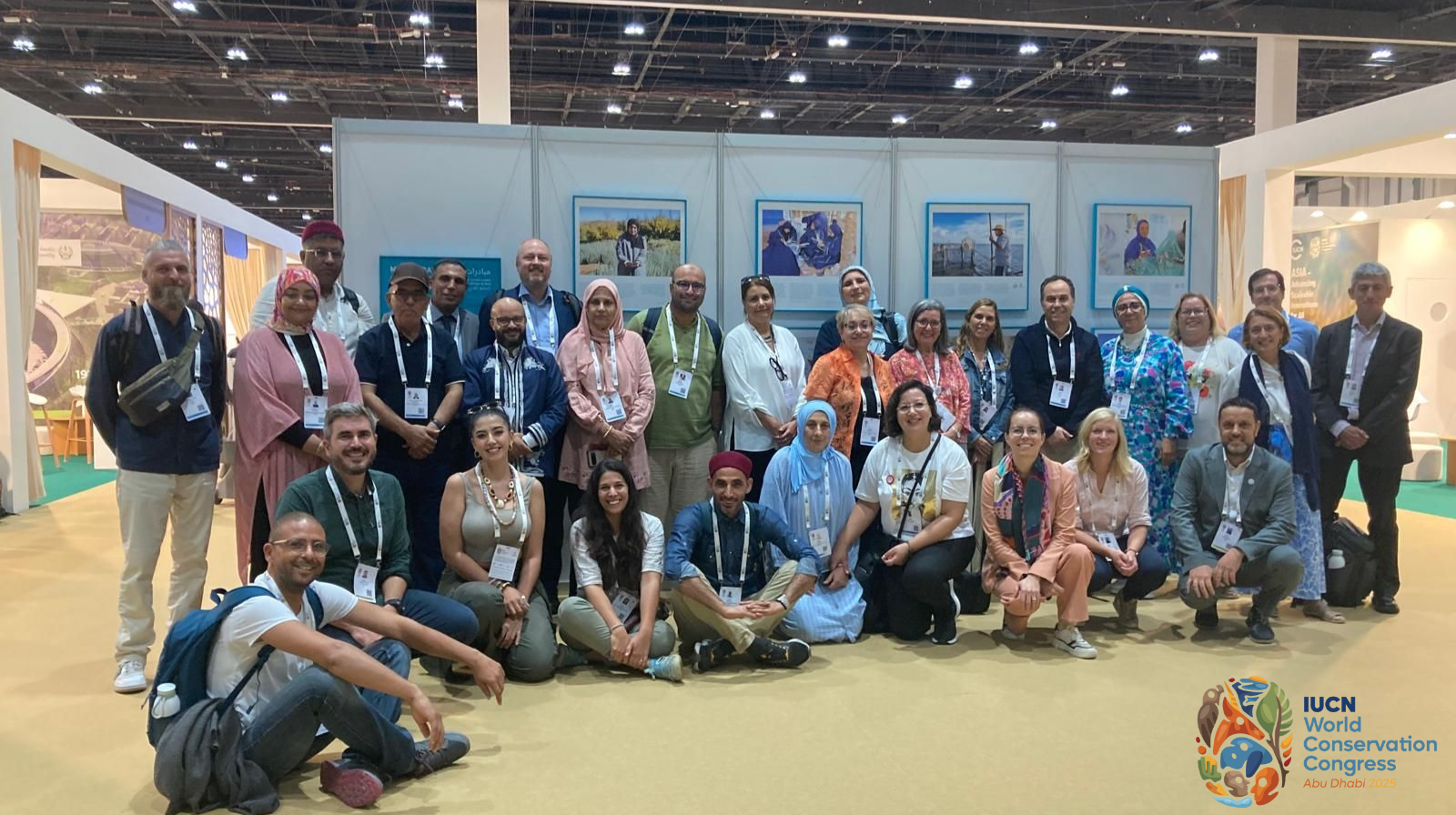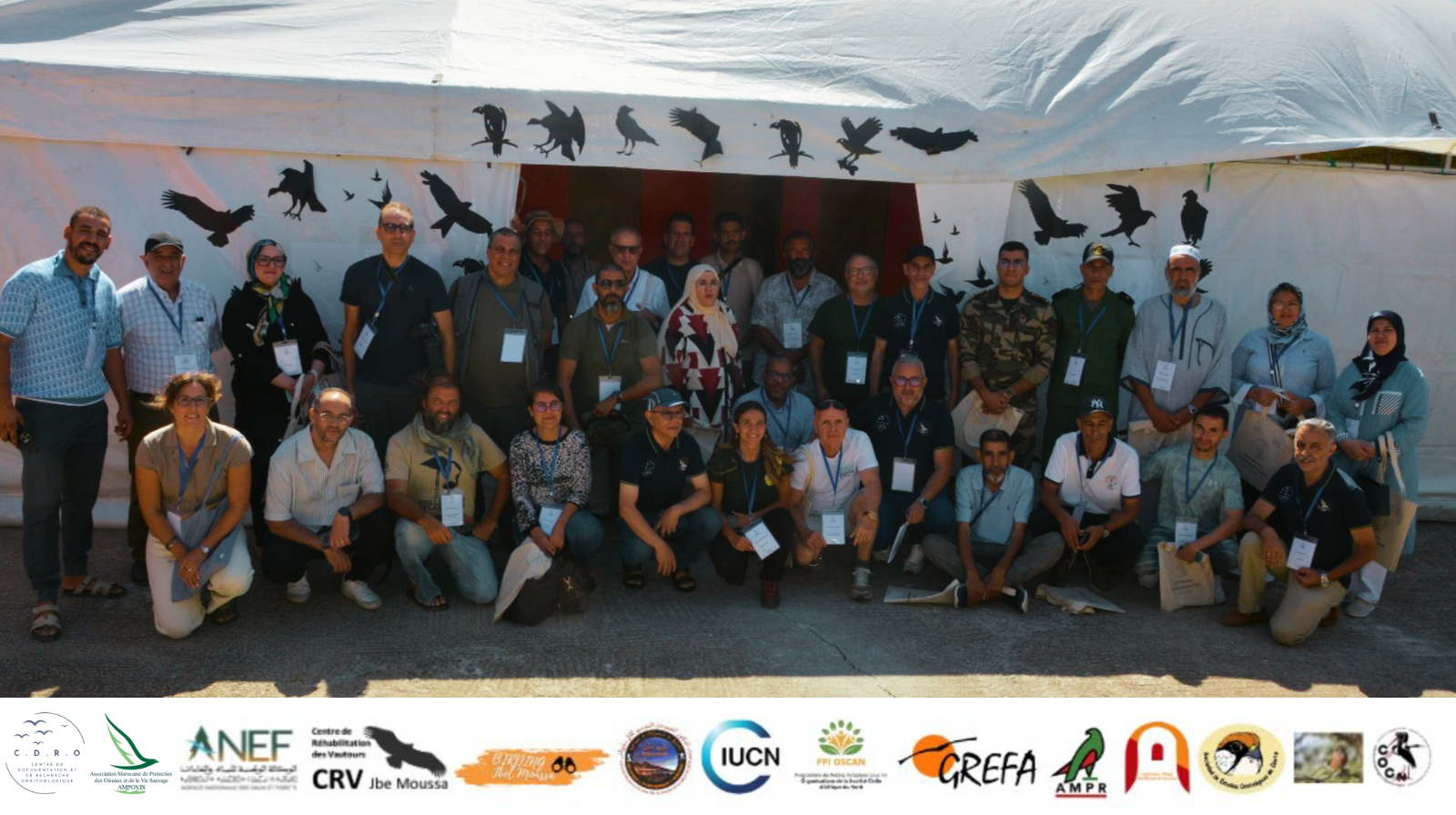Six new projects for the conservation of biodiversity and the resilience of Mediterranean communities to climate change received a grant from the third phase of the TransCap program. Following a call for proposals, these grants were awarded to civil society organizations active along the Mediterranean coast of Morocco and Tunisia. These projects were selected for their potential to bring positive changes in their respective communities. TransCap 3 supports a diversity of associations, some emerging and others already experienced, in projects encompassing a multitude of ecosystems, from the management of marine protected areas to traditional agricultural practices in the mountains and the enhancement of tourist offerings in national parks. They share a common goal of contributing to the conservation and sustainable management of natural resources, with a focus on engaging local populations and capacity building.
Project “Engaged Population for a Resilient Territory” by AIDE Association:
Founded in 2013, AIDE focuses on local development in the mountainous region of Kroumirie in Tunisia, particularly in permaculture and waste management. Their project aims to implement traditional and sustainable practices to conserve agricultural and forest lands. In collaboration with rural communities, they promote agroecology, sustainable agriculture, and ecotourism to enhance resilience and economic opportunities.
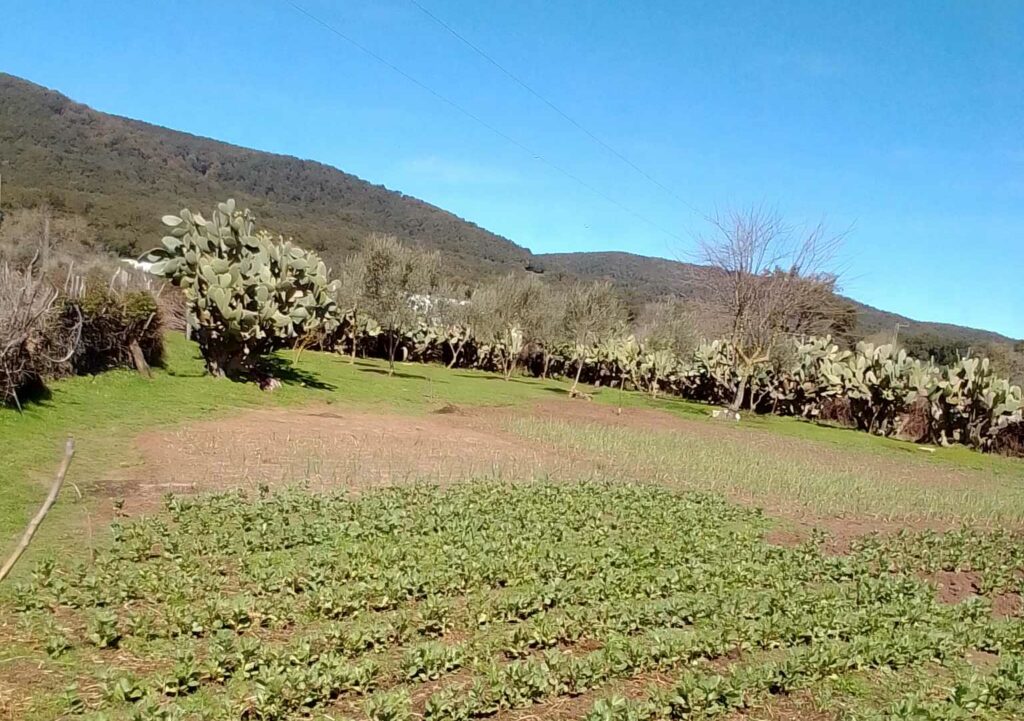
Project “Improving Living Conditions in Bades” by AZIR Association:
Targeting artisanal fishermen in Bades, Morocco, this project aims to improve socio-economic conditions by promoting sustainable fishing practices, waste management, and women’s empowerment. Through infrastructure improvements and environmental education, it seeks to create a greener and more resilient community.
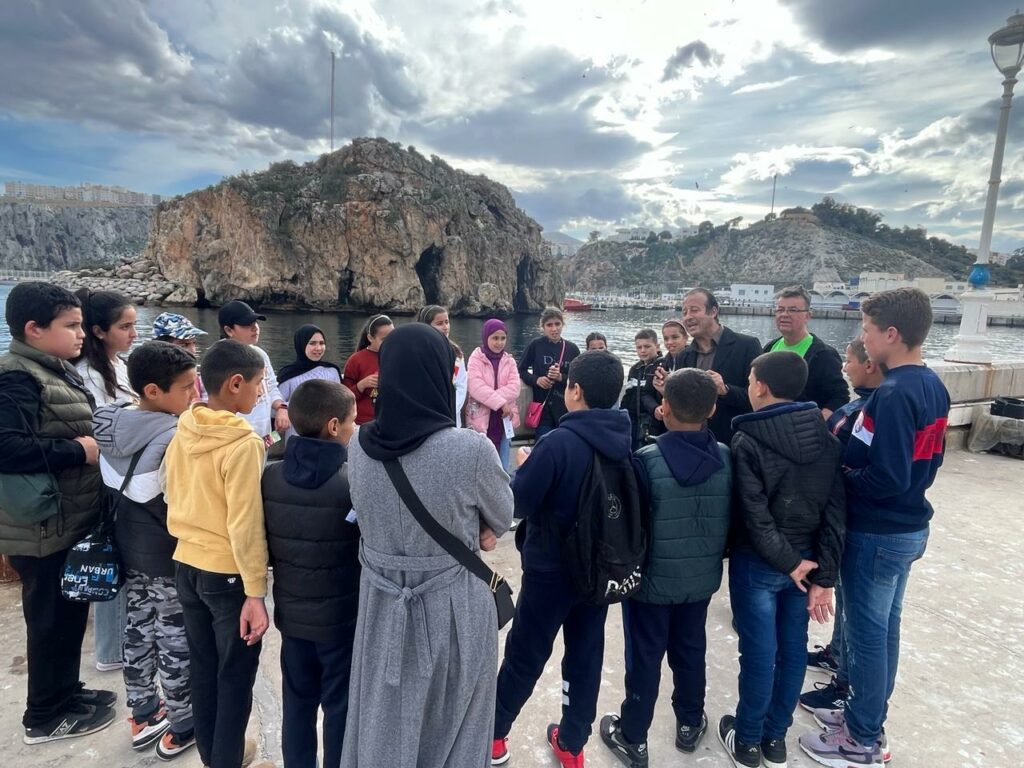
Project “Eco-Sea PPP: Posidonia Preservation, Prosperity” by Notre Grand Bleu Association:
An influential former association in its field, Notre Grand Bleu is committed to preserving Mediterranean marine life and promoting a sustainable future for the sea. Their project mobilizes stakeholders for the conservation and restoration of the posidonia ecosystem in the Bay of Monastir. Activities include promoting sustainable fishing techniques, restoring the posidonia ecosystem, and environmental education, aimed at improving livelihoods and protecting marine resources.
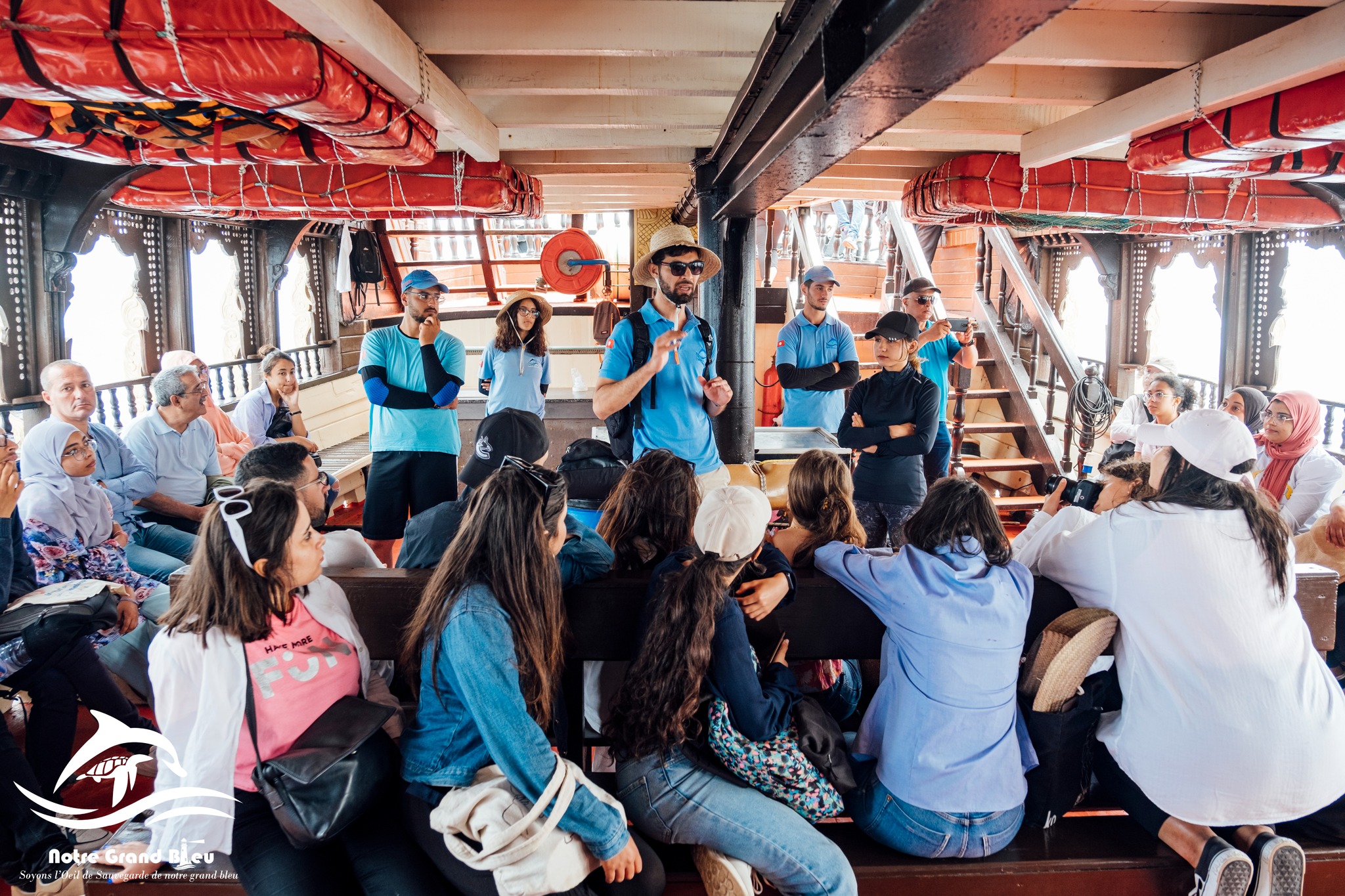
Project “Conservation and Enhancement of Bouhachem Park” by BMCRif Association:
The association has extensive experience within Bouhachem Park, a site of biological and ecological interest in northern Morocco. Their project promotes new agroecology and permaculture techniques, based on traditional know-how and the economic valorization of local products and ecotourism in Bouhachem, encouraging local populations to adhere to park conservation.
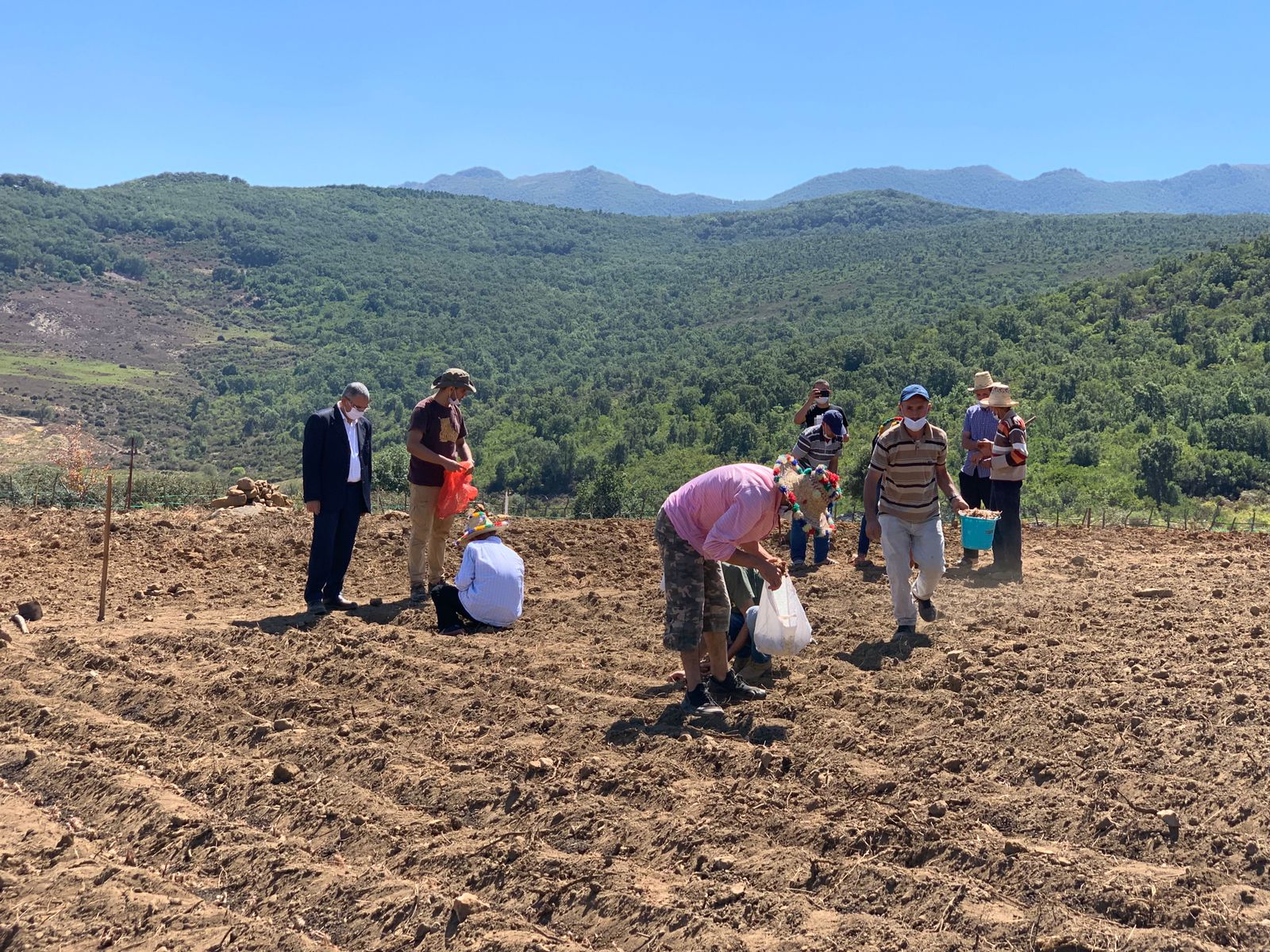
Project “Hidden Treasures of Melloula Bay” by TunSea Association for Participatory Science:
TunSea, a dynamic young association, aims to disseminate marine knowledge to civil society, fishermen, and citizens while protecting marine biodiversity. The project focuses on developing an eco-tourism circuit benefiting the local community by creating underwater trails in Melloula. This initiative provides opportunities for sustainable income for local fishermen while preserving marine biodiversity and supporting regional economic development.
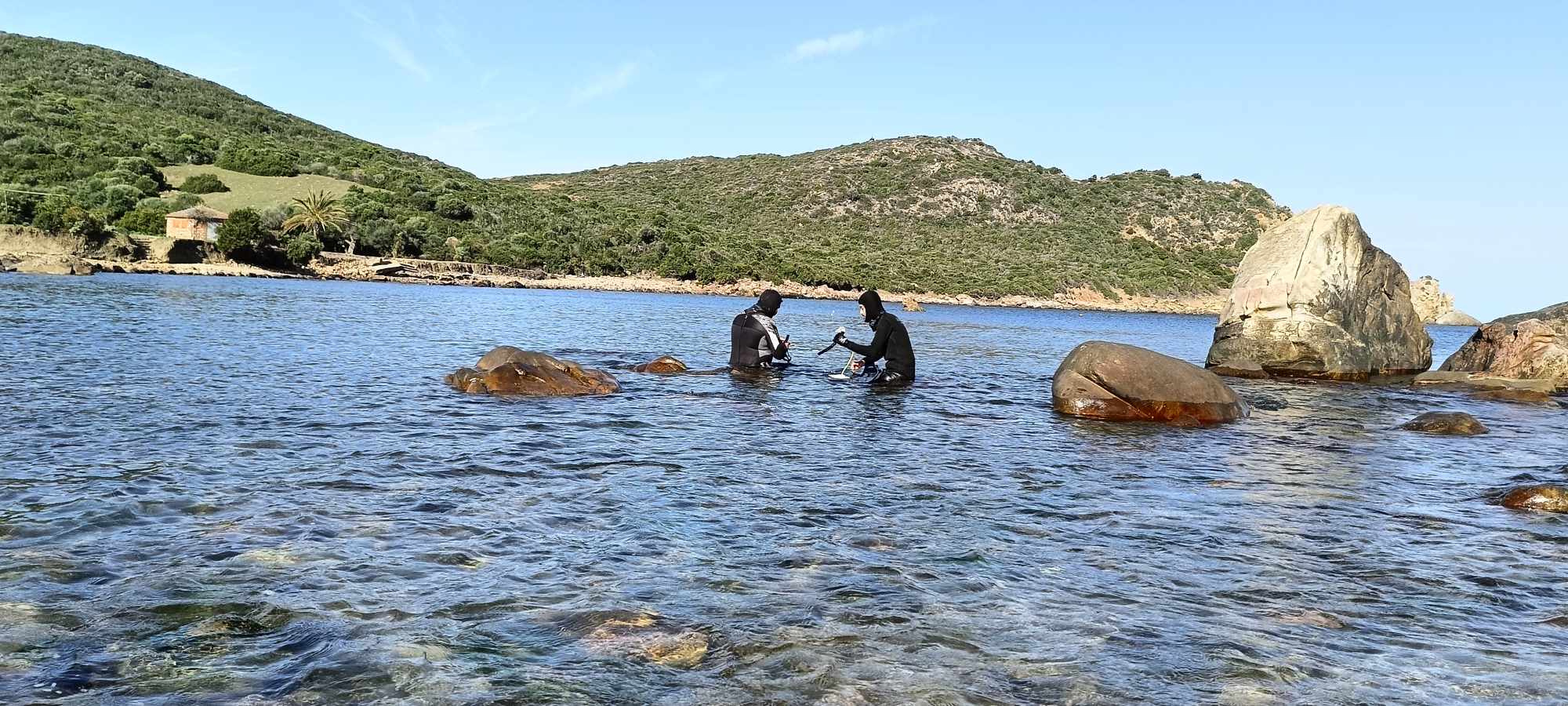
Project “GASTRONOMADE PNAH” by the Mediterranean Blue League for Youth:
This innovative project, located in Al Hoceima, Morocco, aims to promote traditional Berber and Rif cuisine, creating employment and economic growth opportunities around the national park. By training local women in traditional culinary techniques and involving young people as tourist guides, it showcases cultural and culinary heritage while promoting sustainable development in the region.
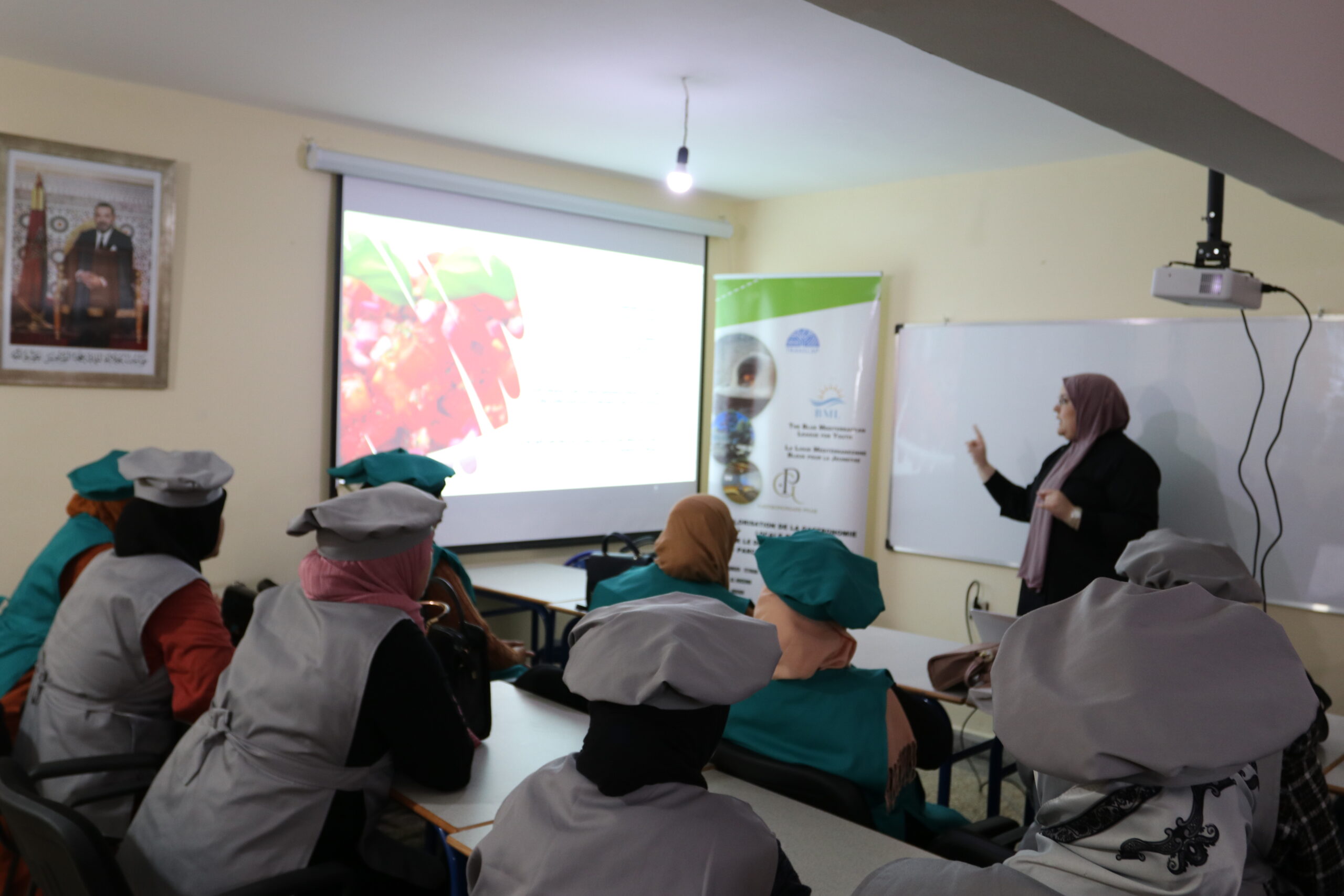
The TransCap program is funded by the Directorate General of Cooperation of the Government of the Balearic Islands (Ministry of Social Affairs and Sport) and supported by the National Agency for Water and Forests in Morocco and the Ministry of Environment in Tunisia. These new initiatives promise to have a significant impact on biodiversity conservation and sustainable development in the region.


